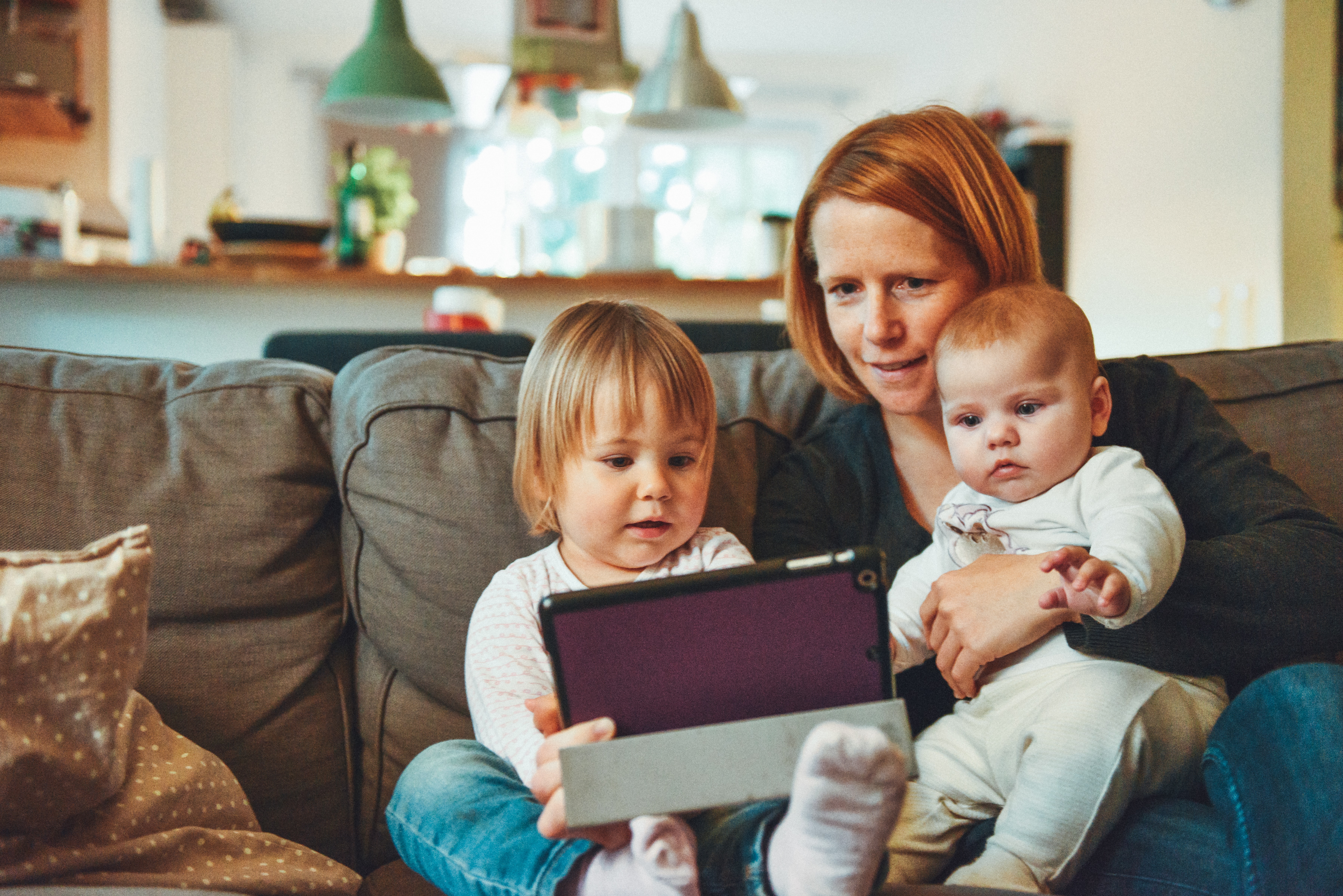
- Home
- Home Visiting
New Mexico provides a coordinated continuum of high-quality, community-driven, culturally and linguistically appropriate home visiting services that promote maternal, infant, and early childhood health, safety, development, and strong parent-child relationships. Home Visiting helps families to: gain knowledge regarding child development, connect with community support services, discover ways to support learning through play and interactions, receive emotional support through challenges associated with raising a child, and access support to get out of dangerous or unhealthy situations.

The First Born Program (FBP) is a unique home visiting program designed to meet the needs of first-time families. All services are free, voluntary and offered to all women pregnant for the first time and first-time families within the program service area regardless of economic or health status. Services may begin at any time during pregnancy or at the birth of the baby and may continue until the child is 36 months.
Provides home visiting services from nurse home visitors to first time (and less than 28 weeks into pregnancy), low income (285% of poverty level, mirrors WIC guidelines), mothers. Services continue from pregnancy to age 3.
Parents as Teachers promotes the optimal early development, learning and health of children by supporting and engaging their parents and caregivers. PAT affiliates provide at least two years of services to families with children between prenatal and kindergarten entry (ages prenatal – age 5).
Provides home visiting services to pregnant mothers or primary care givers and their children from prenatal up to 3 or 5 years, depending on the program model. Home Visiting helps families to: gain knowledge regarding child development, connect with community support services, discover ways to support learning through play and interactions, receive emotional support through challenges associated with raising a child, and access support to get out of dangerous or unhealthy situations.
Many children and parents receive Early Head Start services right in their own home! Home visitors come once a week and work with parents and their children. Together, the home visitor and parents watch and think about the child. They plan ways to help the child learn using parent-child interactions, daily routines, and household materials. A small group of children, parents, and their home visitors also get together on a monthly basis for group socializations. Income restrictions, prenatal to age 3.
The goals of the tribal FACE programs are: Support parents/primary caregivers in their role as their child’s first and most influential teacher; Increase family literacy; Strengthen family-school-community connections; Promote the early identification and services to children with special needs; Celebrate the unique cultural and linguistic diversity of each American Indian community served by the program; Promote lifelong learning.
This program assists clients in gaining access to medical, social and educational services that are necessary to foster positive pregnancy outcomes and promote healthy infants and children in New Mexico. Families First partners with programs including Women Infants & Children Program (WIC), Supplemental Nutrition Assistance Program (SNAP), and Text4baby. Medicaid-eligible pregnant women and children 0–3 years.
This program supports at risk pregnant people/parents and young children in indigenous communities
This program supports age-appropriate child development and family well-being.
Program aims to improve mother and child health and well-being
Support literacy programs in Bureau of Indian Education funded schools